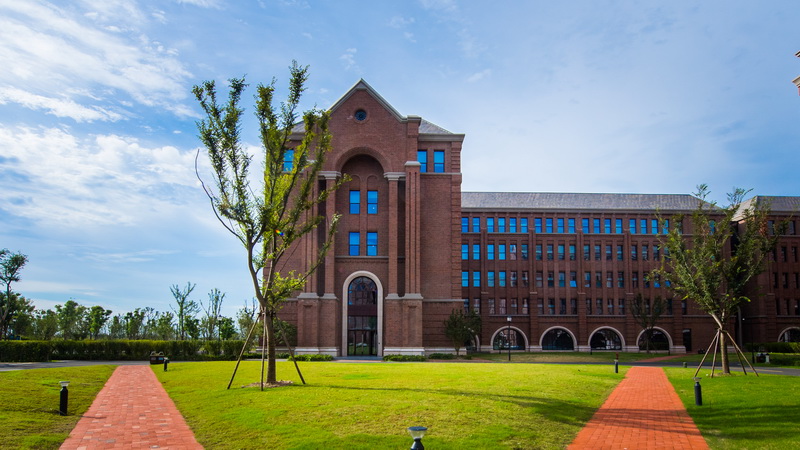A grain of millet is planted in spring, and 10,000 seeds are harvested in autumn. On the International Campus, Zhejiang University (ZJU), an ideological and political course was in full swing in this spring quarter. Today’s People’s Daily acclaimed this “immersive” course for its innovations.

JIANG Yuhao, an undergraduate of the Class 2025, in his spare time, often went to the farm created by the International Campus to observe how his tomato seedlings were growing.
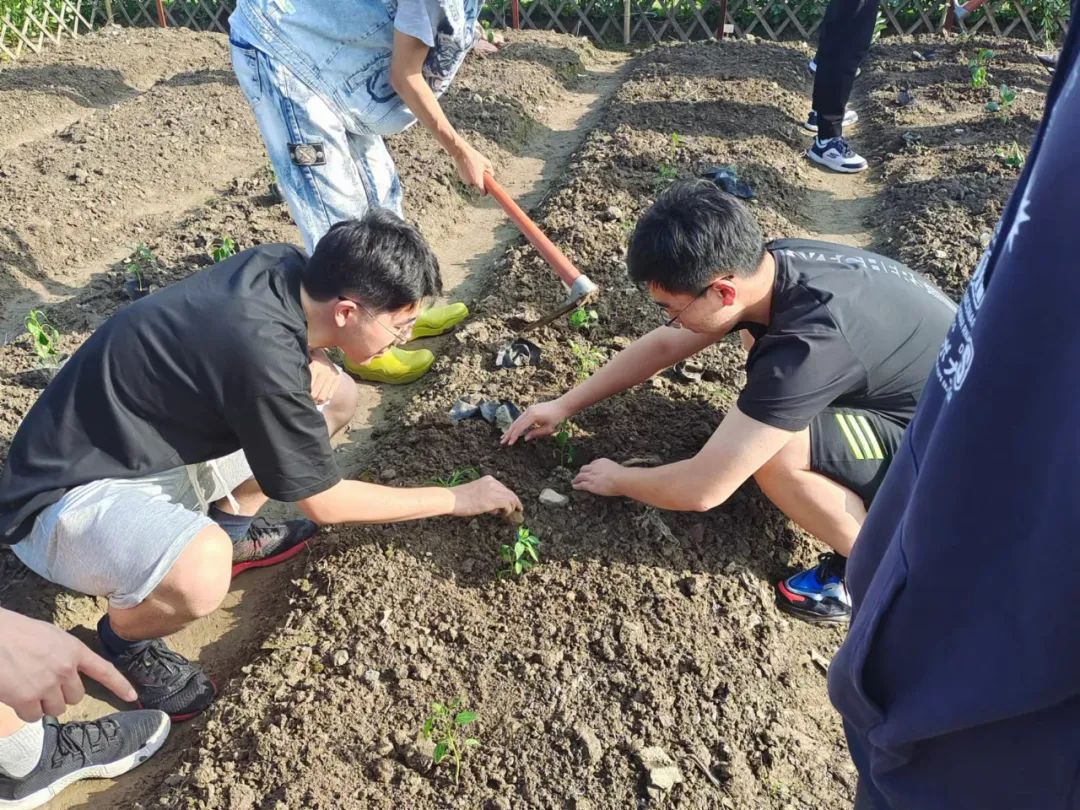
This homework was assigned by the professors of ZJU’s “Ideology, Morality and Rule of Law” course team. In this spring quarter, Prof. DAI Yuqi of ZJU School of Marxism and his colleagues explored innovations in the ideological and political course on the International Campus, in the hope that diverse hands-on teaching design would help students apply the in-class theoretical knowledge to real-life practices, and also enhance their abilities and qualifications.
The students who have taken this course before all agree that ZJU’s ideological and political course is rewarding both mentally and physically. It has enabled students to understand the importance of “growing up in labour”. “Field labour is like a ‘switch’ to enable reasoning by analogy, which inspires me to participate more in scientific research and serving the people.” JIANG Yuhao, who grew up in the city, marveled while walking on the field ridge for the first time.
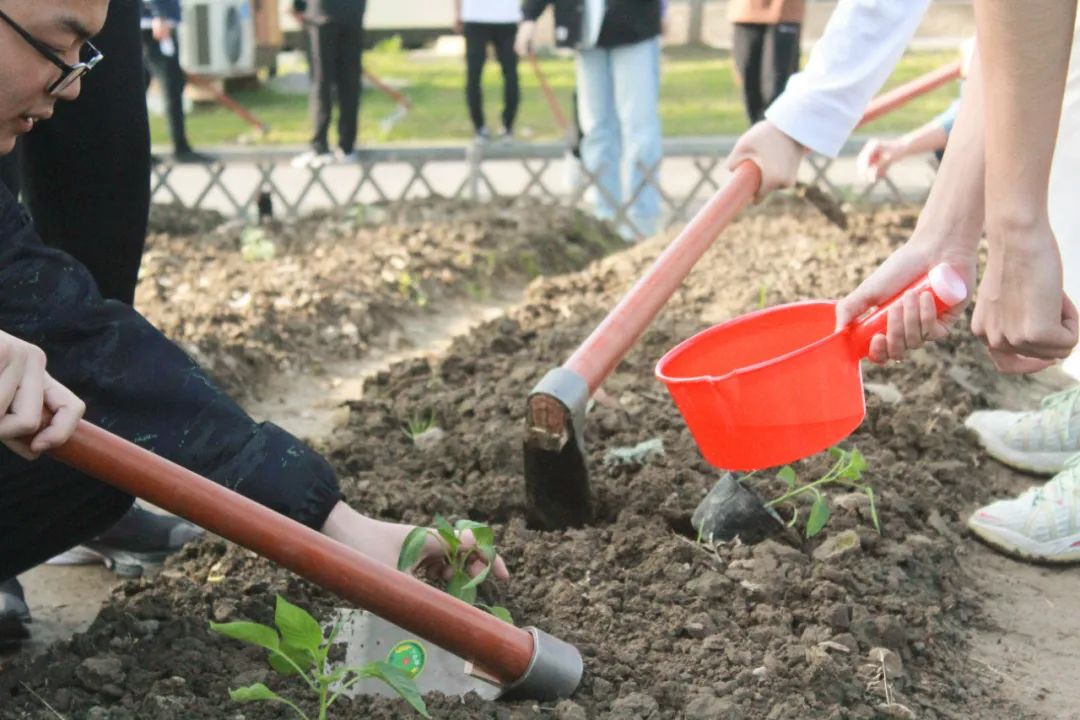
It is difficult to sit down, maintain a calm mind and listen attentively. This is a commonplace among young students, and a practical problem with ideological and political courses. At the “immersive” ideological and political course on the International Campus, students no longer “stand idly by”, but “actively engage themselves”. Such a course can stimulate students’ endogenous motivation and enthusiasm for participation, and help transform the knowledge and feelings about the course from external perception to internal understanding, and the recognition of the value transmitted by the course from other-discipline to self-discipline.
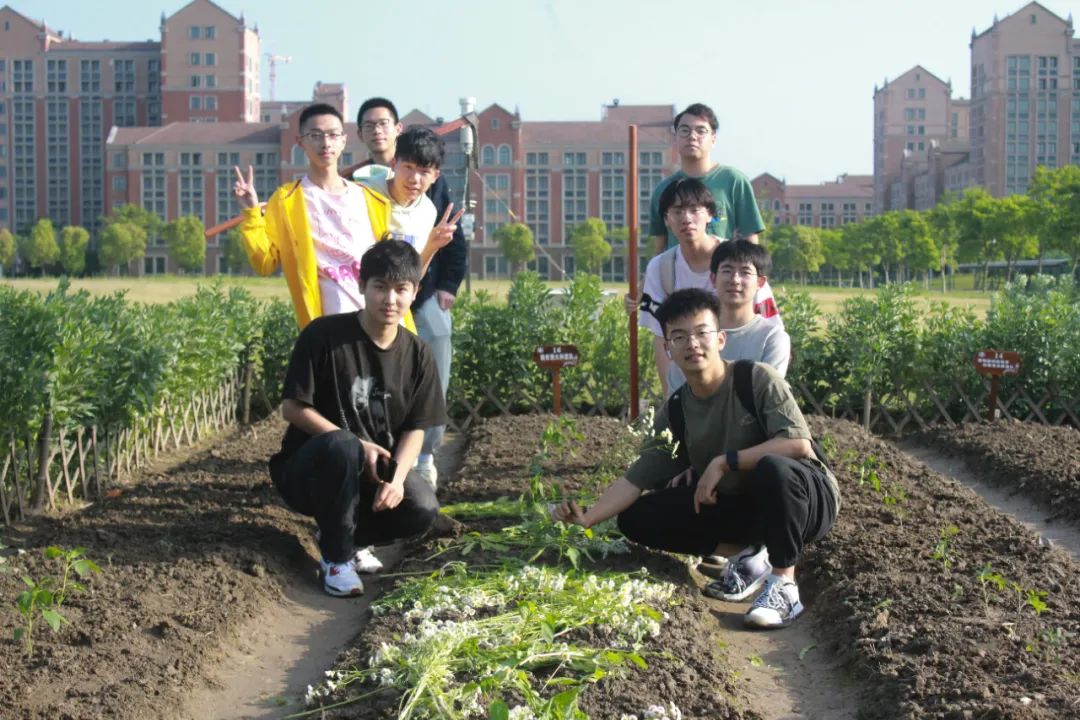
ZJU School of Marxism, together with the International Campus and the Logistic Group, launched the reform of the “Ideology, Morality and Rule of Law” by working on labour education, making the course be a “course of growth” and “course of happiness” for young students. Through introducing for the first time topic-based teaching and module design, the course, themed around the “labour concept”, has not only strengthened the theoretical learning of the “labour concept”, but designed the hands-on teaching on “labour education”.
- “Brain-wracking” Teaching Preparation -
After the question “what is to be taught” has been answered, another important question “who is to teach” remains pending. The 9-member team holds a “brain-wracking” teaching preparation session almost every week. Each topic, on the one hand, closely focuses on the knowledge points in the textbook; on the other, the teaching contents are closely linked to students’ learning life, by including the latest cases and analyzing young students’ ideological trends.
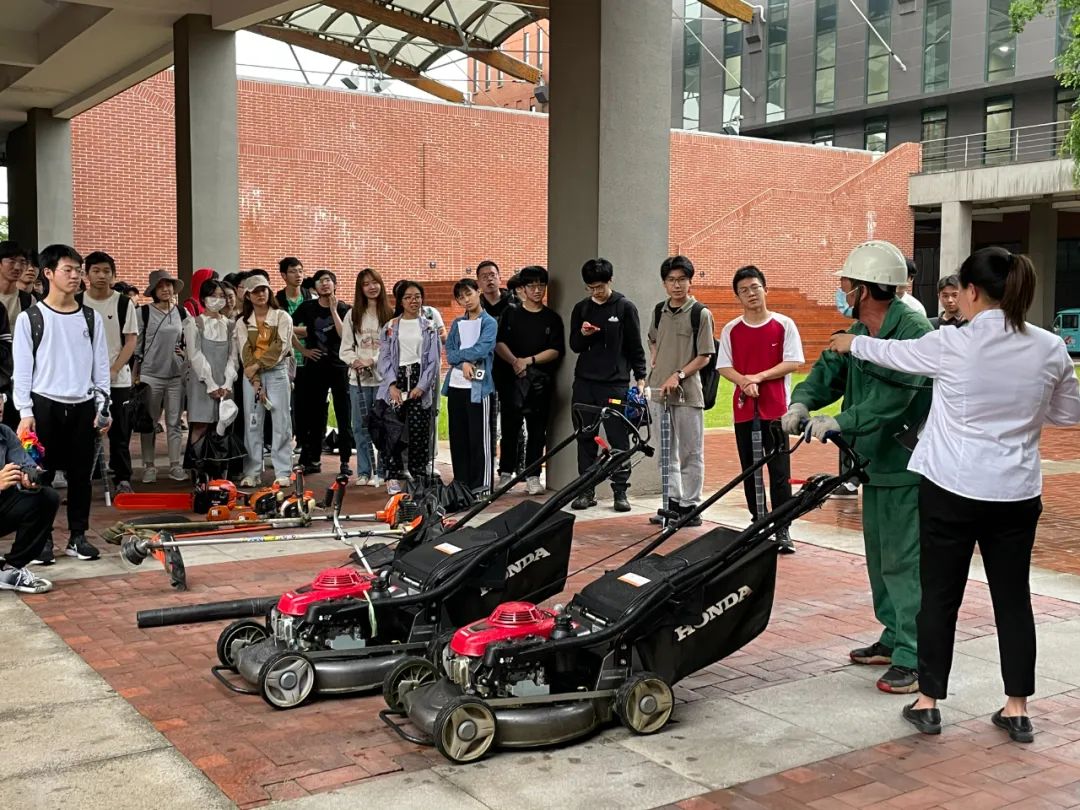
To develop a quality “inclusive ideological and political course” with concrete contents, multiple stakeholders need to be engaged. Other than converging faculty members of the discipline, the course team also leverages local resources by engaging the “strangers” around the students, such as canteen chefs, and staff of property management and utilities in the course.
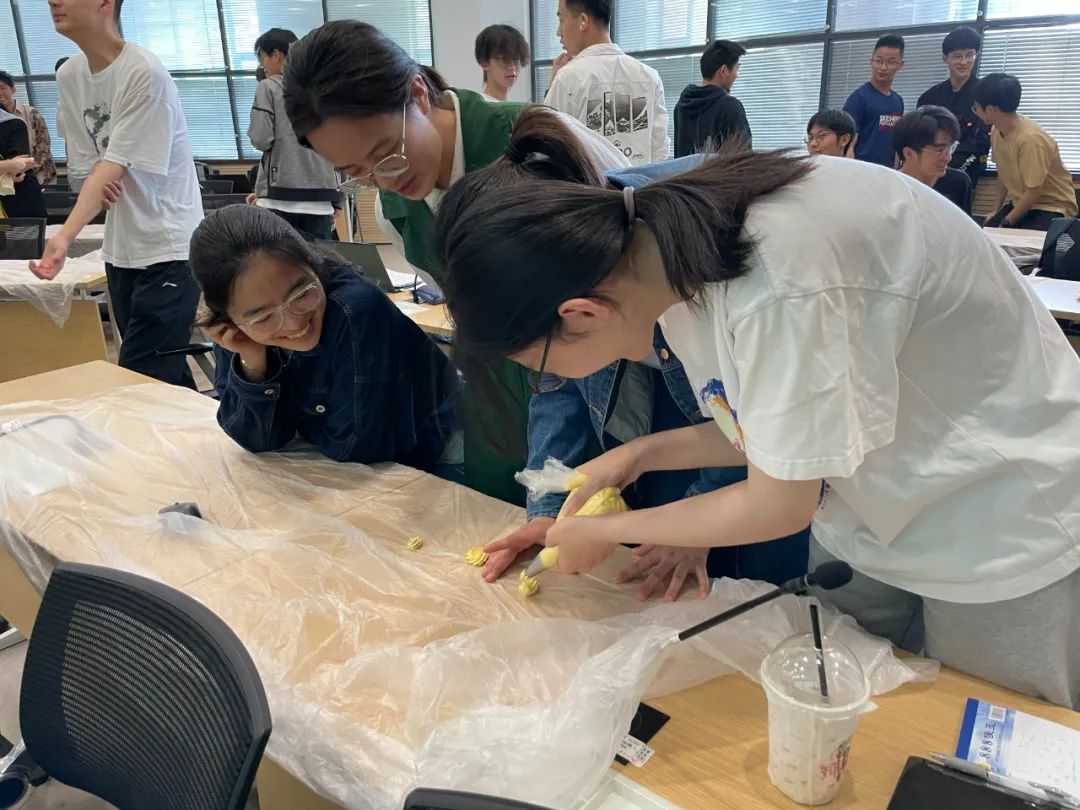
“The course has enabled us to truly witness the hard work and dedication of the logistic staff members, who have been supporting us on the backstage. Through the course, we have gained more insights that labour is the most glorious, the loftiest, the greatest, and the most beautiful.” KANG Zhaoyu, another undergraduate of the Class 2025 pointed out.

How is students’ performance evaluated at the end of a semester? An ideological and political course should not aim to frustrate most students, nor should the evaluation result be based merely on the professor’s one-time evaluation. Then, how should the students’ performance in this “immersive” ideological and political course be evaluated by using multiple yardsticks? Prof. DAI Yuqi believed that the previous closed-book examination approach should be changed. Instead, it is advocated that, based on theoretical discussion and hands-on teaching, students make group presentations to the whole class about their thoughts and reflections on the hands-on experiences.
(Source: People’s Daily, June 10, 2022, Page 6 (correspondent: WU Yue), ZJU’s WeChat Official Account; responsible editor: LI Yinan)


